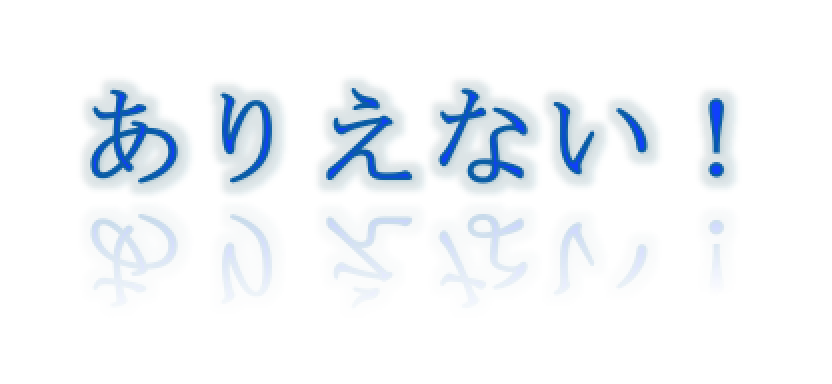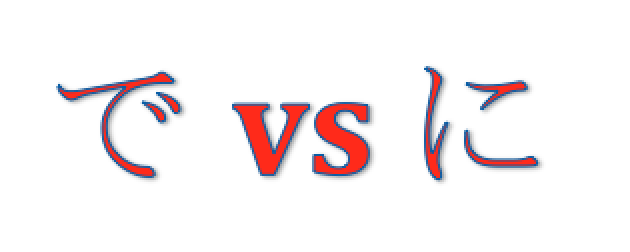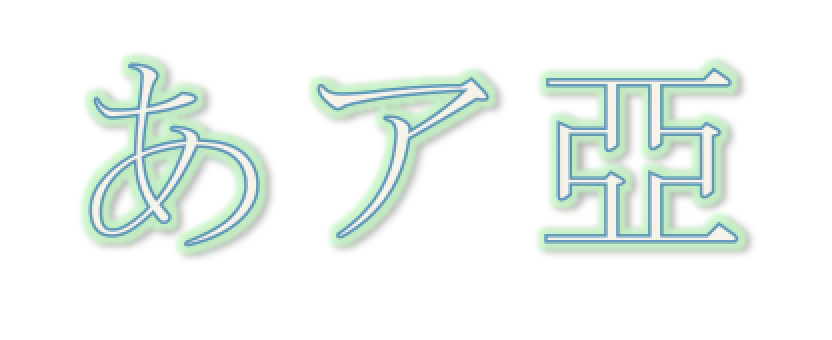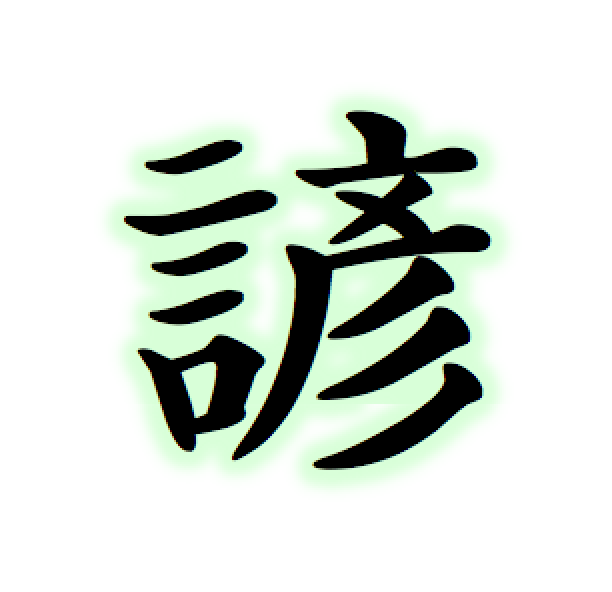Different ways of saying “except” in Japanese
In this post I’d like to discuss a few ways to express the concept of “except” in Japanese. 以外(いがい) 以外 is one of the most basic ways to say “except” in Japanese. You typically put it after a noun, pronoun, or verb. Here are a few examples: ゲーム以外のアプリはダウンロードしたことがない I’ve never downloaded an (computer/mobile) application except… Read More »






